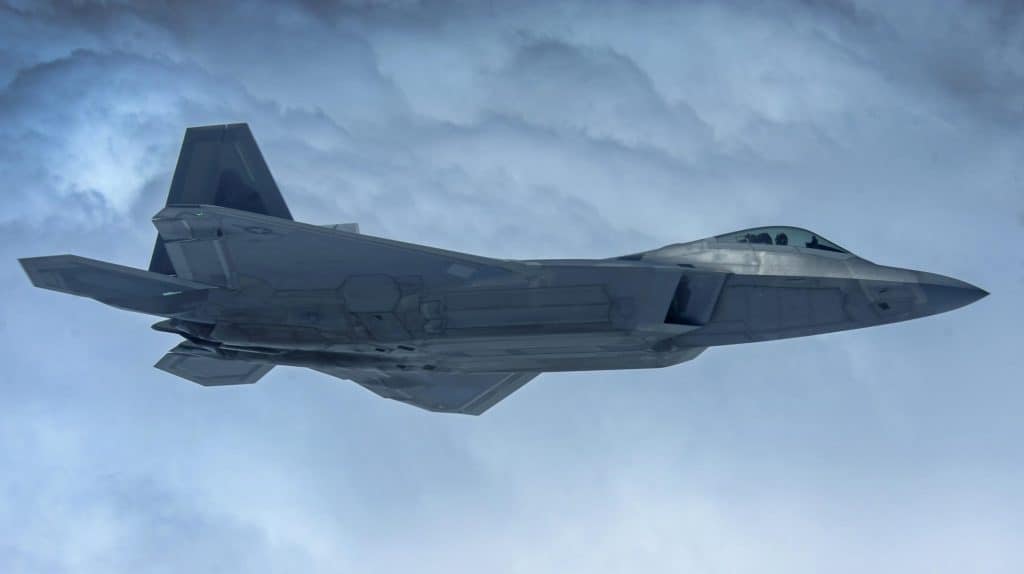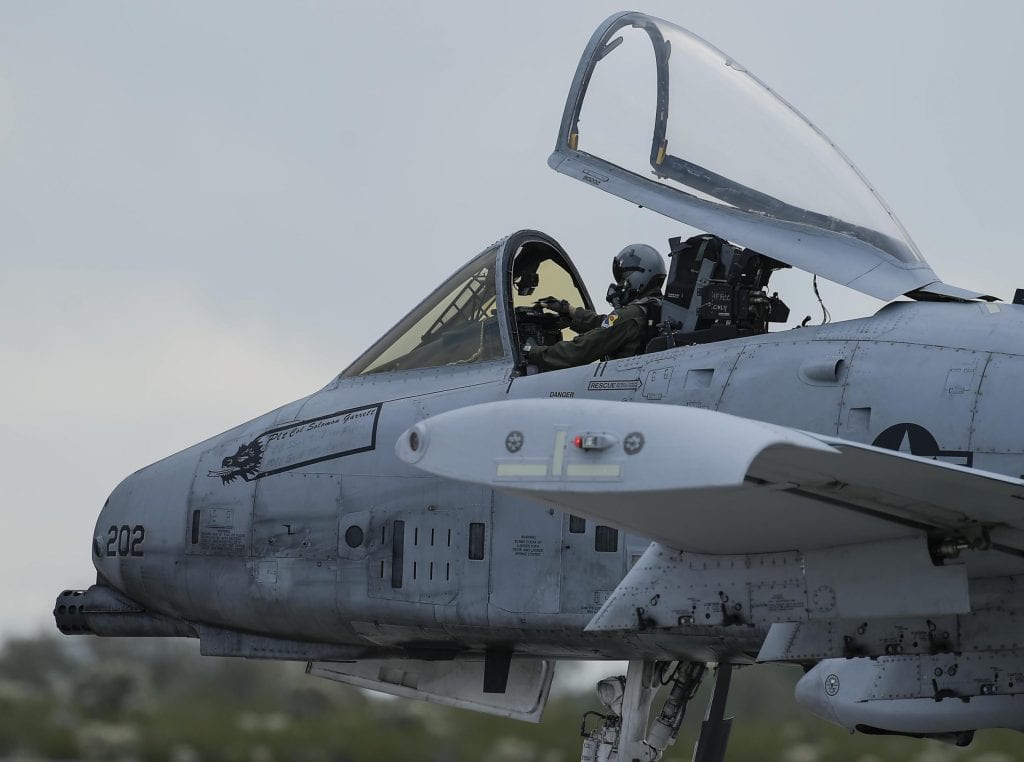Seniority Is Like Compounding Interest

More than any other career field, seniority is the master of your destiny when you are a pilot for an airline: your schedule, the equipment you fly, the quality of your trips, pay, retirement and vacation—they are all based on the concept of seniority. It is a bit of a Darwinian scheme; as your seniority increases, the chances of you losing your job in the next economic downturn decrease because more pilots are beneath you to cushion the fall.
In this case, “survival of the fittest” is simply a matter of being employed longer than other pilots. Time at the airline is like money in a savings account at the bank; the more you save, the greater your degree of security against the unexpected. Just like money, the time you have “banked” during your tenure of employment affords you opportunities to generate income and improve your quality of life. In a very real sense, seniority is just like compounding interest.
What is seniority?
Talk to any airline pilot for more than two minutes and the subject of seniority will come up. Usually, the conversation centers around future plans: “I’d love to go to the concert, but I don’t have the seniority to hold weekends off” or “Christmas off? No way, not with my seniority.”
So what is seniority, anyway? Seniority is simply how long you’ve been employed as a pilot by the airline. All of the airline’s pilots, regardless of type of equipment they fly or whether they are a Captain or First Officer, are on a master seniority list. This list is ordered by date of hire—you will commit your date of hire to memory just like a birthday, as it will determine every element of your quality of life while you are employed by that airline. It is important to note that seniority isn’t transferable. If you change airlines, you go right back to the bottom of the list, regardless of your level of experience.
It is also important to note that seniority is a different concept from longevity. While seniority is based on the time that you have been employed by the airline, it is best thought of as a ratio: where you stand on the list of pilots relative to the total number of pilots employed. Longevity (which determines your hourly rate of pay) is simply how long you’ve been employed regardless of where you fall on the seniority list.
Chances are, you won’t be in a new hire class by yourself. There will be other pilots there as well, so how is seniority determined within a class?
This varies by airline, but there are generally two schemes in use today: age and social security number. At most airlines, the oldest pilot in the class gets the lowest seniority number—the lower the numeric value of the seniority number the closer you are to the mythical number “one” on the list. This pilot will have the first pick when it comes to base and equipment assignments, insofar as these options exist for new hire pilots.
Some airlines are sensitive to age discrimination claims, and thus, they use the last four digits of the pilots’ social security numbers (SSN) to determine seniority within each class. In this scheme, the pilot with the lowest (or highest depending on airline) numeric value of the last four of their SSN gets the lowest seniority number.
Many people ask the question: “Wait a minute! Doesn’t quality count? Why would you rank pilots based only on date of hire?”
The answer to this question is really relatively simple: While there are differences between pilots in terms of experience, these differences are very subjective in nature. Every pilot has the same qualifications for the job in terms of certification. Also, as their career progresses, the concept of seniority removes subjective criteria from career advancement (movement to different equipment or upgrade to Captain). In this sense, the seniority system is actually an important component of safety; the pilot can make decisions based on safety of flight alone, without regard to how that decision will affect his or her career advancement.
You wouldn’t want a pilot to be concerned about their career when making a decision about delaying a flight due to weather or when deciding whether or not to write up a component that they don’t feel is functioning as it should.
Why is seniority at an airline so important?
As we’ve said previously, nothing determines your quality of life at an airline like seniority. The vast majority of airlines are union shops where the terms and conditions of employment are governed by a collective bargaining agreement (or “contract”).
Under the terms of these contracts, nearly everything is determined by your relative seniority at the airline through a bid system. When it comes time to bid for monthly schedules, the most senior pilots are likely to get the first pick and junior pilots get whatever is left. Most airlines use a reserve pilot system to cover sick calls and open flying; the most junior pilots typically end up on reserve since the reserve pilots are assigned based on the whims of crew scheduling and fly fewer hours than regular line holding pilots.
Vacation slots are also awarded in order of seniority. Having major holidays off is often reserved for the most senior pilots. When higher paying equipment is available for bid, these positions are awarded in order of seniority. When you are able to upgrade to Captain is also governed by seniority.
Basically, every quality of life enhancement and career advancement opportunity is determined by where you are on the seniority list relative to the other pilots.
Seniority is an opportunity—right now!
It is no secret that demand for airline pilots is at its highest level in many years, and this trend is being driven primarily by retirements. According to a 2015 Rand Corporation study, more than 2,500 pilots at the major airlines will reach the mandatory age of retirement of 65 in 2020, and that number is projected to accelerate until at least 2025. This creates an enormous opportunity for pilots entering the pipeline to accrue significant seniority in a relatively short period of time.
From a seniority perspective, there has never been a better time to become an airline pilot; chances are, the time spent on reserve at the bottom of the pile will be lower in the coming years than it has been in decades.
It is worth noting that the opportunity to advance in seniority rapidly now can be viewed as an insurance policy against future unexpected events. The airline business is cyclical and is exposed to economic variability to a degree unlike many other industries. A relatively minor financial crisis can have a disproportionally large effect on employment at the airlines; it doesn’t take much for hundreds of pilots to find themselves on furlough. The faster you accrue seniority, the less chance that you will have of enduring such a scenario.
Quality of life—it’s a seniority thing.
When you first get hired at an airline, you will on the bottom of the seniority list. You’ll likely be on reserve. You’ll have little stability in your schedule and the fewest possible days off. You’ll probably work weekends. You might find yourself at a base that you don’t particularly want. Maybe the equipment you’ll be flying won’t be the aircraft that you quite had in mind.
It is important, however, to look at your early days at your new airline as an investment. Just like compounding interest, the benefits afforded by your increasing seniority will become apparent with passage of time and a little bit of patience.
Keep in mind that your future looks like this: A stable schedule of your choosing, where you get to pick your days off and even the cities where you overnight, all while flying the aircraft you want. Vacation time will become pure joy, as you will be able to ensure months ahead of time that you will be present for major holidays and important life events.
The biggest thing to look forward to as your seniority improves? Security—knowing that you are far from the turbulence at the bottom of the list will help you sleep very well at night. That certainty alone will allow you to plan for a future rich in possibilities, both on the job and off.
For better or for worse, seniority is the name of the game at the airlines. Whether it is schedules, equipment, bases, vacation or equipment—seniority controls it all. The sooner you start your career, the faster you can move closer to that magical seniority number of “one.”








Responses